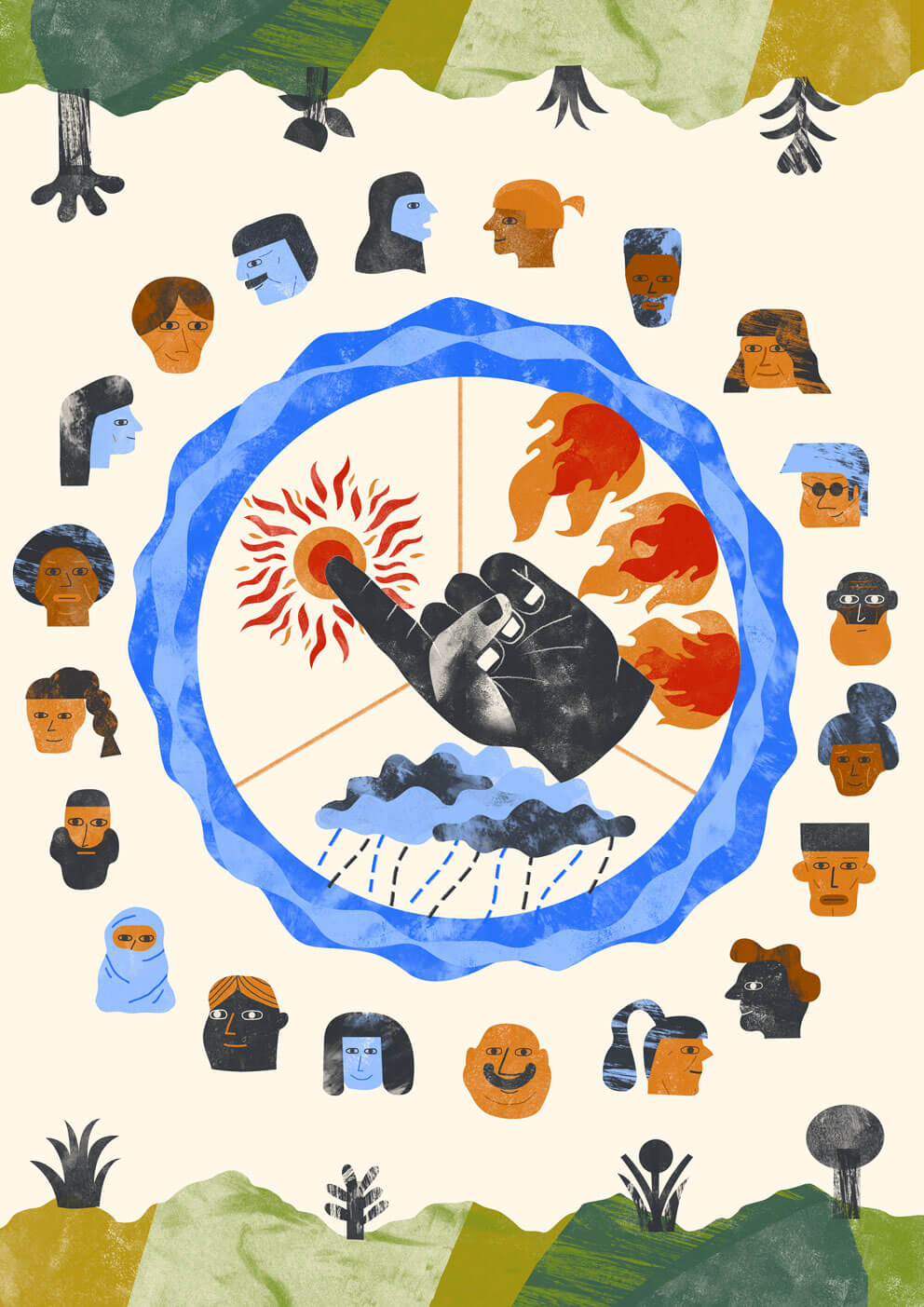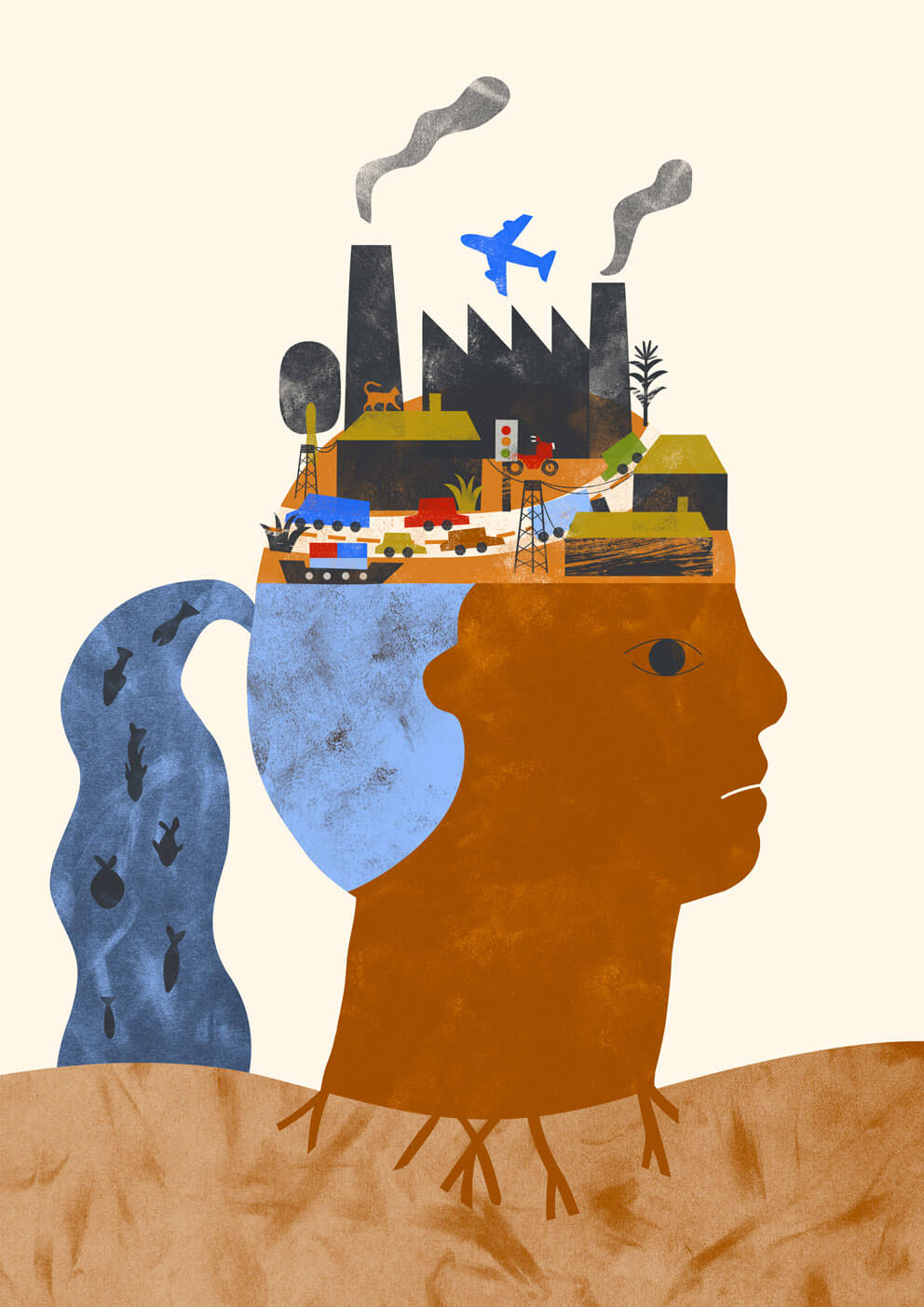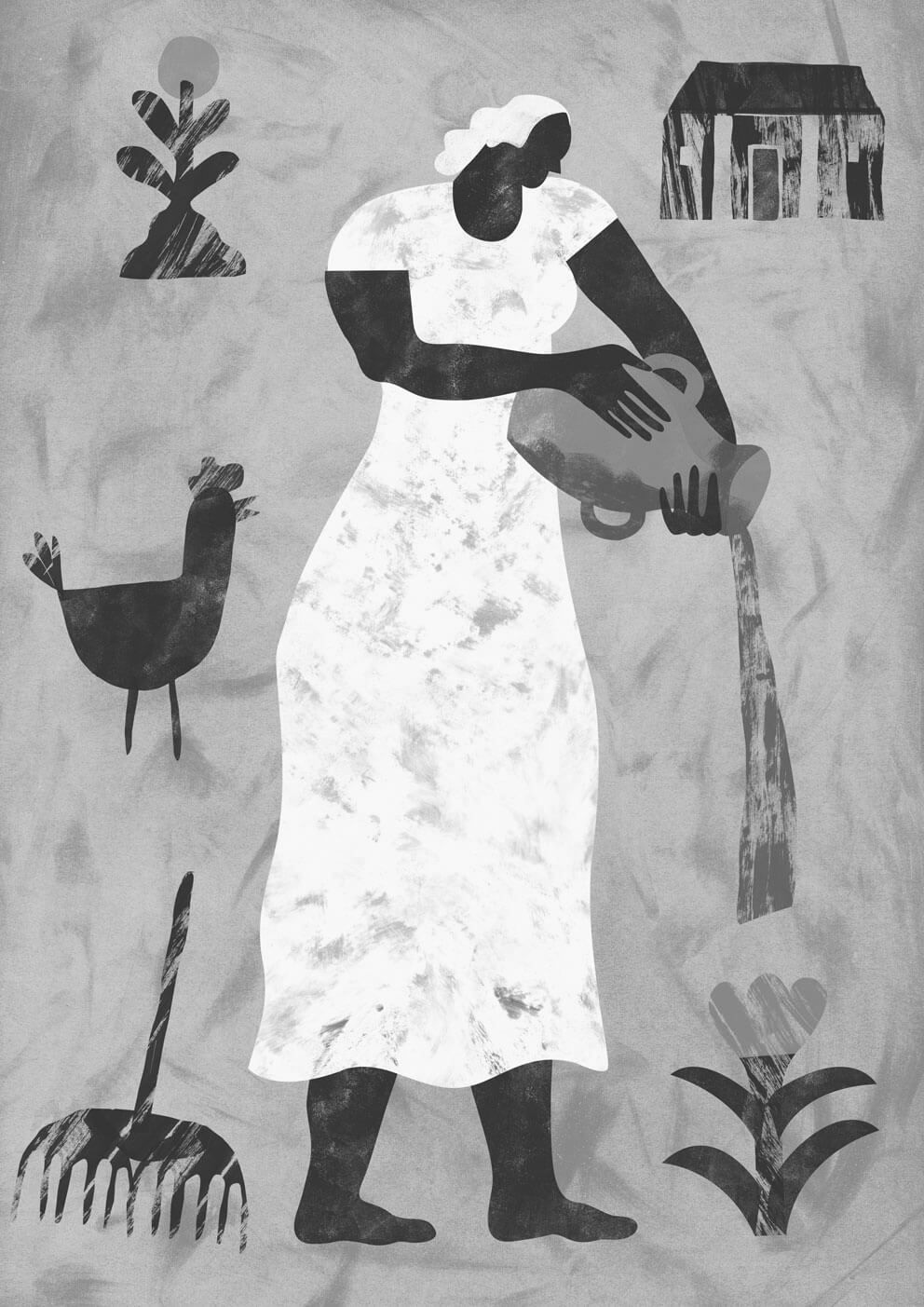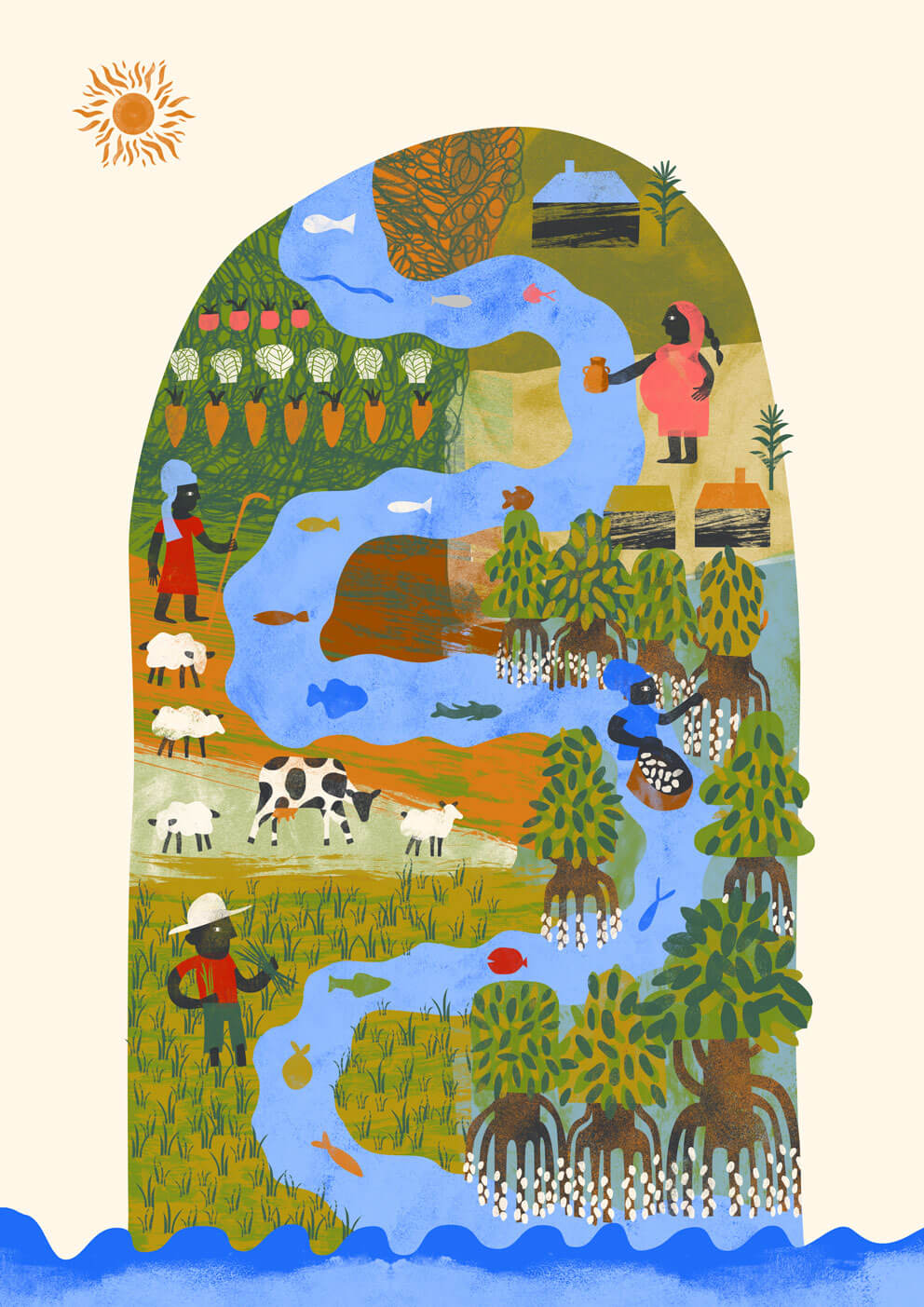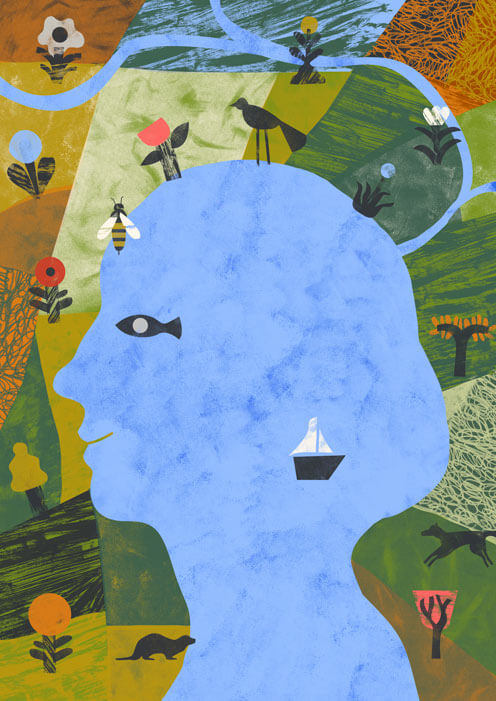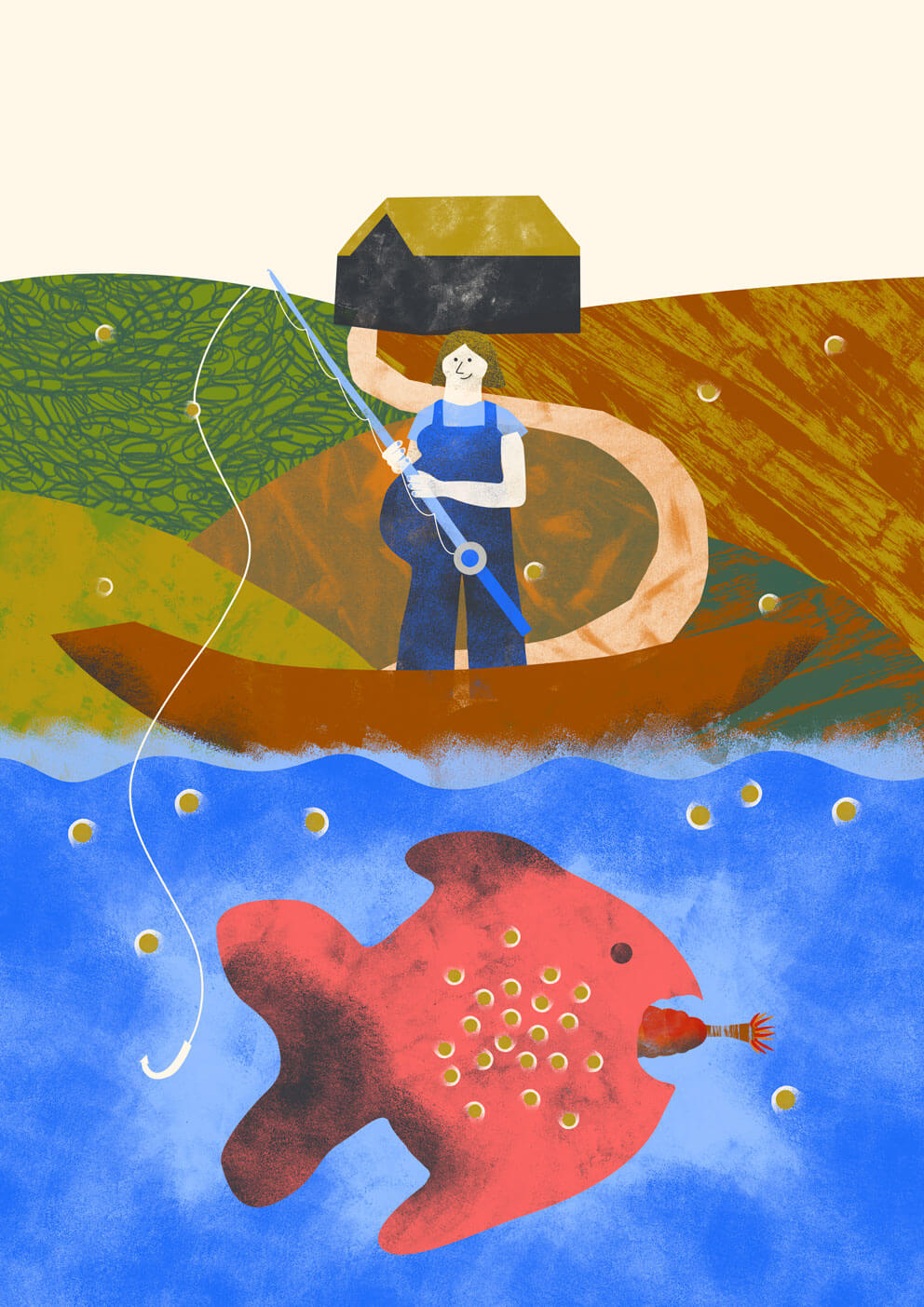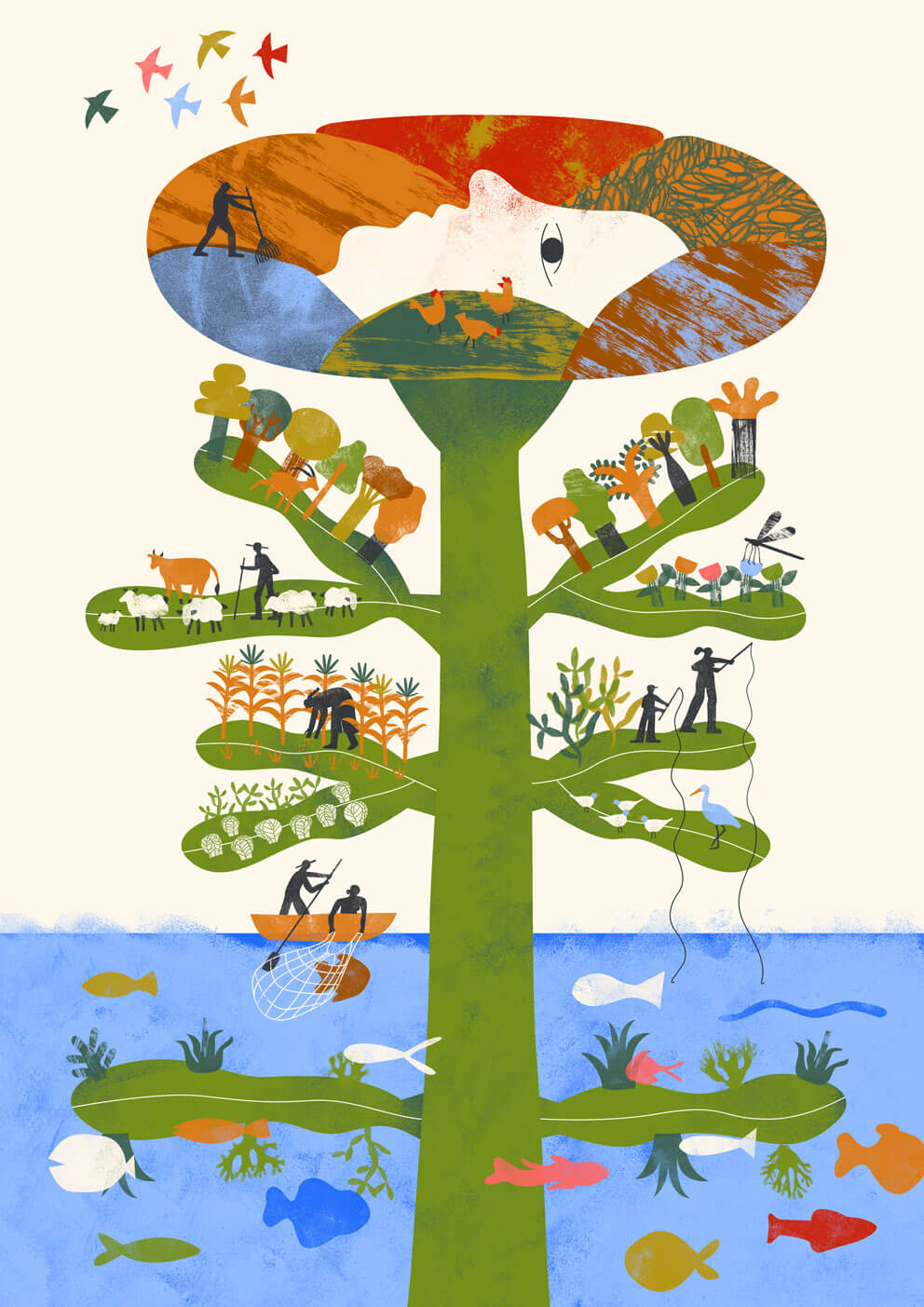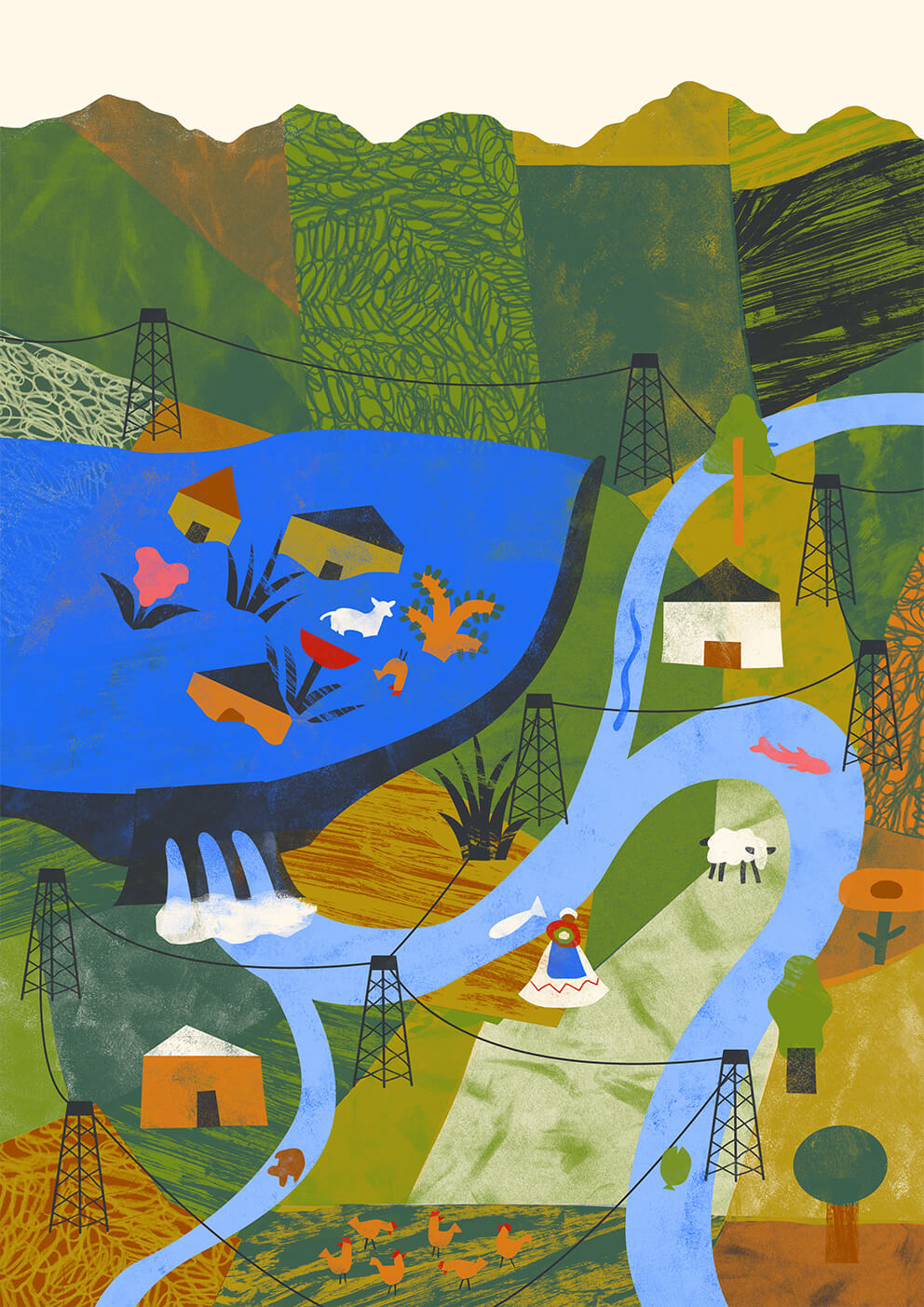WHEN WATER VANISHED
|
Over the last fifty years, the number of droughts, floods, and other extreme weather events related to water has increased due to climate change, dominating the list of disasters in terms of both human and economic losses.
Their vulnerability goes beyond the direct effects related to the environmental disaster, which can even lead to the loss of human lives. Domestic violence, abuse, sexual assault, forced marriage, and female genital mutilation increases during periods of drought or after floods in many countries around the world. Furthermore, migration and forced settlement resulting from these climatic episodes also negatively impact women, reducing the resilience of their households, exacerbating food insecurity, and intensifying all forms of gender-based violence.
Nevertheless, women play a positive role in mitigating the most negative effects of these events. They are the custodians of maintaining and conserving natural resources that enable them to support their families. Women in Africa, Asia, and South America apply their traditional knowledge to offset crop losses, and world wide, women are at the forefront of organizing responses to these crises, creating strong local networks that identify the most vulnerable and those in need of assistance. |

